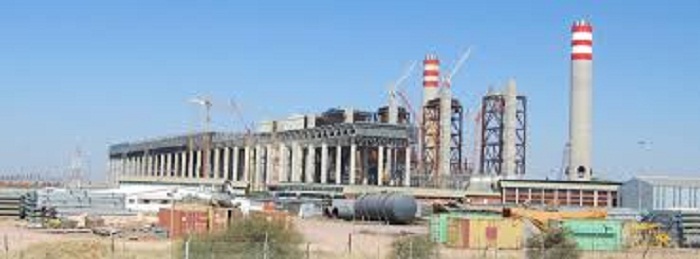Eskom has for a second time declined to sign power purchase agreements with renewable energy project developers, and this the South Africa’s power utility seems to have a complete backing of the government.
Just recently an inter-governmental team informed the South African Parliament that Eskom has been facing some challenges which are preventing it from signing PPAs with renewable energy project developers who had earlier secured projects through competitive auctions.
The team acknowledges one of their challenges, as oversupply in the grid. This exposes the poor planning and foresight of the government which launched and expanded, the Renewable Energy Independent Power Producers Procurement Programme.
Also read:Eskom sieged with allegations at African Utility Week
Investments worth $4.45BN are stranded by Eskom’s decision not to sign the PPAs with the planned projects. This is not the first time that Eskom has backtracked from its commitment to sign PPAs.
Eskom had refused to sign a PPA, in August 2016, with a concentrated solar power project backed by Solar Reserve with a capacity of 100MW. This project has a tariff of 12.40/kWh and the agreement was to be signed for a period of 20 years.
They said they will no longer sign PPAs with any renewable energy projects. The utility also said that there was excess renewable energy going into the grid, which had also increased the cost of power.
Eskom also expressed concerns over the grid’s ability to cover the new renewable energy projects as well. It however received a loan worth $1.34BN from African Development Bank for the expansion of its transmission network.
Early this year the South African Renewable Energy Council issued threats to drag Eskom to court over its decline to sign PPAs with the renewable energy project developers.
The energy ministry, Tina Joemat-Pettersson In March this year, said that Eskom would soon sign outstanding PPAs. It is however noted that the utility missed a deadline set by the ministry.
